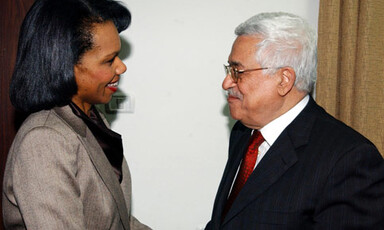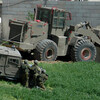
Palestine Mozart Festival begins March 31 in Jerusalem
24 March 2007
Between March 31st and April 14th, the Occupied Palestinian Territories will host a major collaborative Arts Festival featuring over 200 local and visiting musicians. One of the largest performing arts projects ever staged in the Occupied Territories, the Palestine Mozart Festival (www.palestinemusicfestivals.org) will feature over 25 events staged in Ramallah, Bethlehem, Nablus and East Jerusalem. Read more about Palestine Mozart Festival begins March 31 in Jerusalem








